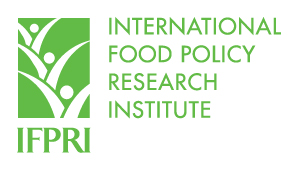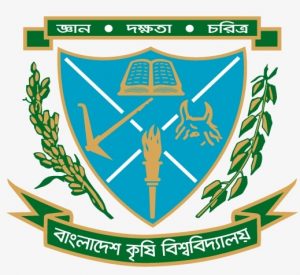Day 1 Agenda Day 2 Agenda Register for Day 1 Register for Day 2
ABOUT THE FORUM
Eastern Gangetic Plains (EGP), covering Bangladesh, Nepal Terai, and the states of Bihar and West Bengal in India, are home to nearly 400 million people. More than 50% of them rely directly on agriculture, agribusiness and food enterprises for their livelihoods. The health of the food systems is, therefore, critical to the well-being of the people and the environment in the EGP region and the achievement of the Sustainable Development Goals (SDGs). Agriculture and food policies in the region face challenges from multiple directions and affect or get affected by changes in other sectors of the economy and the natural environment. Ignoring these interrelationships may create bigger problems for the future and unintended collateral damages in the food system.
Since 2018, the International Food Policy Research Institute (IFPRI), Bangladesh Agricultural University (BAU), the Centre for Green Economy Development (CGED), and Uttar Banga Krishi Vishwavidyalaya (UBKV) have worked together with support from the Australian Centre for International Agricultural Research (ACIAR) to map the food systems in the EGP region, generate greater interest in foresight for food exercises through workshops, training, and collaborative research, understand farmers’ perspective of the future of the food systems, and assess the impact of the COVID-19 shock on farmers.
We are organizing a two-day online regional conference which will bring together senior decision-makers and implementers from across government, business, farmer organizations, research, and civil society. Drawing on five years of applied research and foresight analysis, the forum will provide an outlook on the challenges and opportunities facing food systems across the region in the context of growing food, water and energy demands. It will engage participants in a dialogue on practical transformation strategies to avoid risks and leverage opportunities for sustainable and healthy food production, improved livelihoods, and business innovation.
CO-HOSTS






